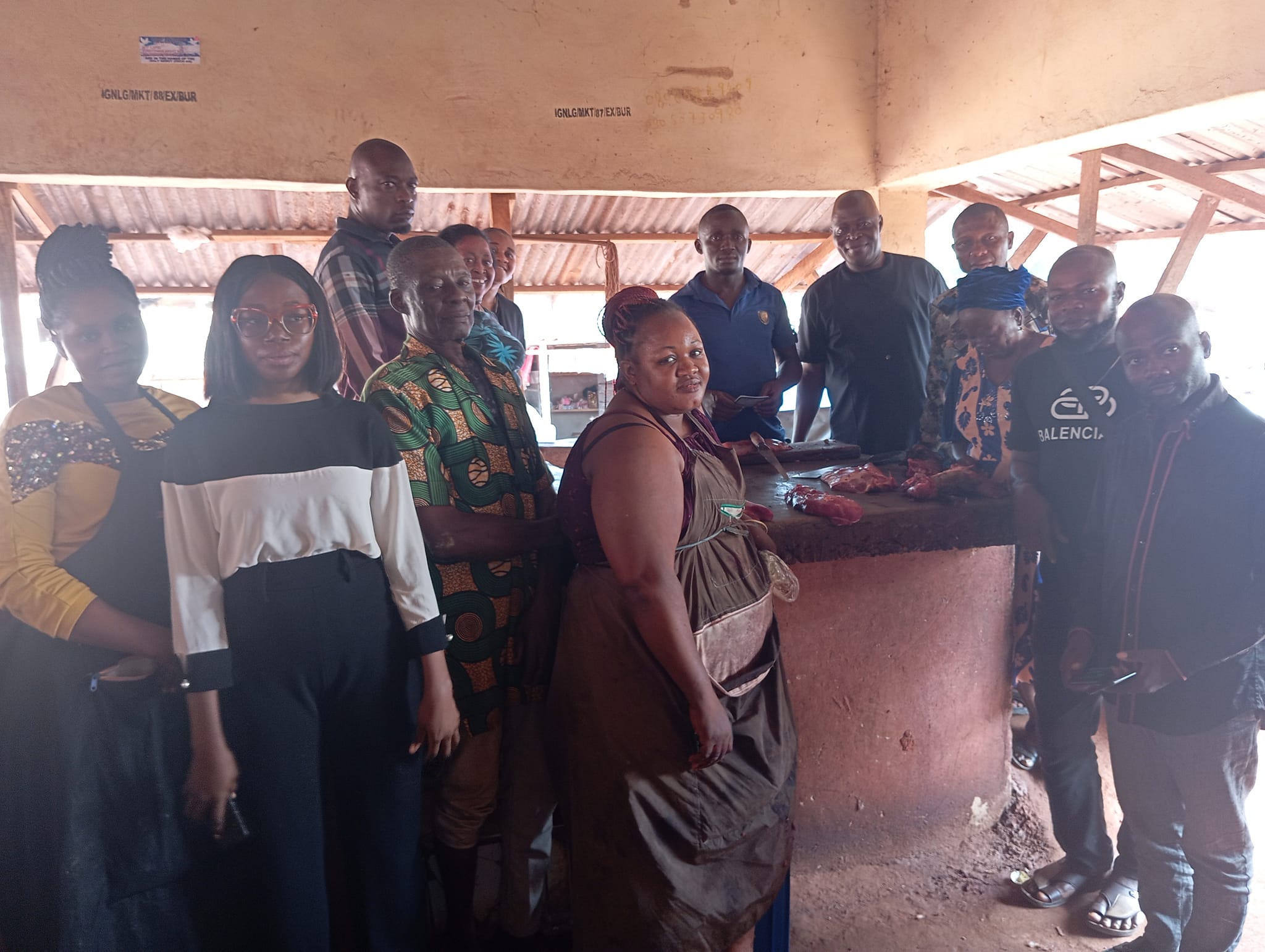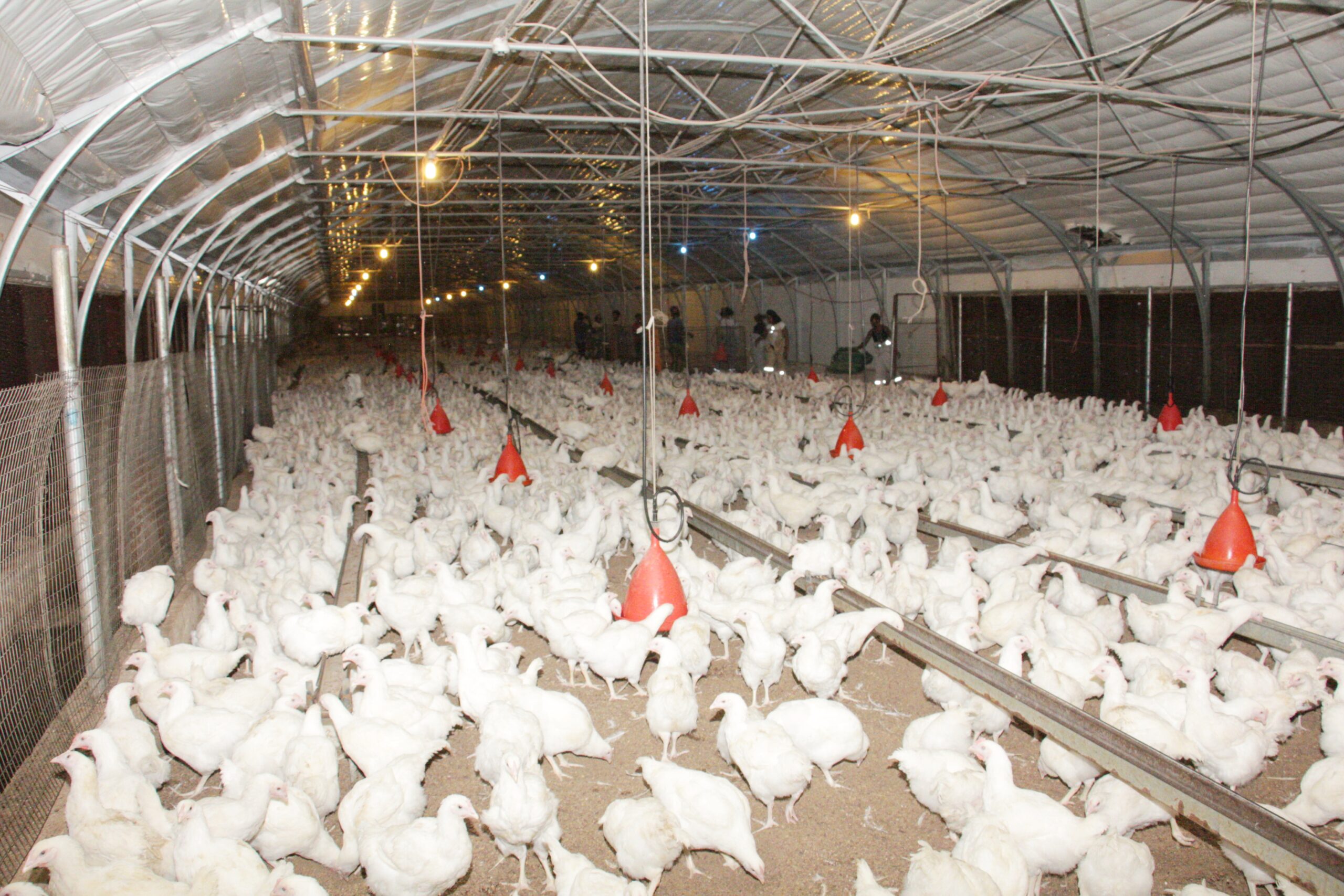Indigenous livestock species in Nigeria, including cattle, sheep, goats, and poultry, are critical to the nation’s agricultural heritage and food security. However, these species face threats from climate change, disease, and crossbreeding with non-native breeds. To address this, the Nigerian government has recognized the importance of preserving these unique genetic resources. One of the key strategies for safeguarding indigenous livestock is the use of gene bank technology.
Gene Bank Technology:
Gene banks are facilities that store genetic material, such as semen, embryos, and DNA, from livestock species. This technology enables the preservation of the genetic diversity of indigenous animals and provides a resource for breeding programs aimed at improving the resilience and productivity of these species. In the context of Nigeria, gene bank technology could serve as a crucial tool for both conservation and sustainable development.
The federal government of Nigeria has taken steps to promote the use of gene banks for preserving indigenous livestock:
National Livestock Transformation Plan (NLTP): The NLTP aims to improve livestock farming across Nigeria and includes provisions for the conservation of indigenous breeds through the establishment of gene banks. The plan emphasizes the need for scientific and technological interventions to enhance livestock productivity while preserving genetic diversity.
Nigerian National Agricultural Research Institute (NARI): NARI has been actively involved in the collection and preservation of genetic material from indigenous livestock breeds. These efforts are part of broader research and development projects aimed at improving the genetic quality of livestock and ensuring their survival in the face of environmental challenges.
Collaboration with International Organizations: The Nigerian government has also collaborated with international organizations, such as the Food and Agriculture Organization (FAO) and the International Livestock Research Institute (ILRI), to enhance the capacity of gene banks and improve the conservation efforts for indigenous livestock breeds.
Despite these efforts, several challenges remain in the effective implementation of gene bank technology in Nigeria:
Limited Infrastructure: Many gene banks lack the necessary infrastructure and resources to effectively store and manage genetic material over the long term.
Funding Constraints: Adequate funding is essential for the development, maintenance, and expansion of gene banks, but financial limitations have hindered progress in some areas.
Awareness and Capacity Building: There is a need for greater awareness among local farmers and stakeholders about the importance of preserving indigenous breeds through gene bank technology. Additionally, training and capacity building in biotechnology are crucial to improving the effectiveness of these efforts.
The federal government’s efforts to preserve indigenous livestock in Nigeria using gene bank technology are a step in the right direction for ensuring the sustainability of the country’s agricultural sector. However, there is a need for continued investment in infrastructure, research, and public awareness to overcome existing challenges. By addressing these issues, Nigeria can successfully safeguard its indigenous livestock breeds and contribute to the global effort to preserve agricultural biodiversity.










